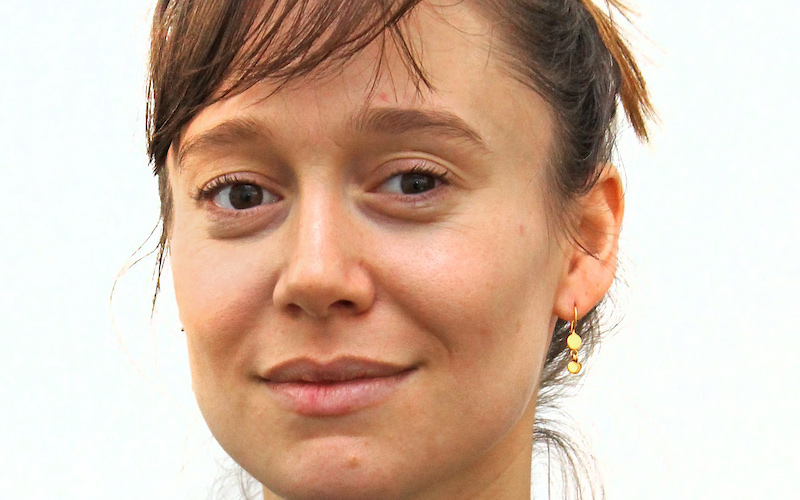Comparative, Political Economy and Behaviour
Research Themes
Democratic Institutions
We are interested in the causes and consequences of political institutional variation across a wide range of substantive areas and global regions. Methodologically, we draw on a wide range of approaches including leading qualitative and quantitative empirical techniques. Our expertise spans a number of research themes across national and EU political and legal institutions. These topics include democratisation, legitimacy, federalism, parliaments, electoral systems and party organisation, and the interaction of political institutions with civil society. The Department is also home to The Constitution Unit, which provides timely, rigorous, independent research into constitutional change and the reform of political institutions for both scholars and practitioners in the UK and around the world.
The study of democratic institutions at UCL focuses on the emergence, change and variety of political organisations: national and supranational institutions in established democracies and democratising states.
Political Economy
The Political Economy group studies the interactions between politics and economics.We are interested in the causes, dynamics, and consequences of economic policies, from a comparative perspective. Methodologically, we draw on a diverse set of tools: archival research and interviews, large-n statistics, experiments, and Big Data approaches to provide systematic analyses of policy-oriented issues and theoretically driven puzzles. The group unites experts on research themes across political economy: international trade, foreign investment, multinational corporations, fiscal policy and taxation, public-private management, economic inequality, privatisation, foreign aid, welfare politics, and the EU.
Ongoing Projects
Aid Attitudes Tracker
The Aid Attitudes Tracker (AAT) project examines public attitudes and behaviours towards development, global poverty and overseas aid in four major donor countries: France, Germany, Great Britain and
Published by: Department of Political Science
Representative Audit of Britain
The key aim of the Representative Audit of Britain (RAB) project is to understand who stands for parliamentary office, their social backgrounds, experiences and attitudes.
Published by: Department of Political Science
Completed Projects
- Project: Aid Attitudes Tracker (2013-2018)
Funder: Bill and Melinda Gates Foundation
Collaborators: Jennifer vanHeerde-Hudson (UCL), David Hudson (UCL), Joe Twyman (YouGov), Marianne Stewart (University of Texas, Dallas), Harold Clarke (University of Texas, Dallas), Will Tucker (Will Tucker Consulting)
- RepStyle: A New Style of Representation? (2015-2018)
Funder: Sapere Aude (Denmark)
Collaborators: Helene Helboe Pedersen (Aarhus), Jennifer vanHeerde-Hudson (UCL), Rosie Campbell (Birkbeck), Troels Bøggild (Aarhus)
Related Research Centres
- The Constitution Unit: The Constitution Unit conducts timely, rigorous, independent research into constitutional change and the reform of political institutions. Our research has significant real-world impact, informing policy-makers engaged in such changes - both in the United Kingdom and around the world.
- The Global Governance Institute: The Global Governance Institute (GGI) is a university-wide initiative, promoting cross-disciplinary research and informed public debate on possible solutions to global societal challenges.
- UCL European Institute: UCL's hub for research, collaboration and engagement on Europe.
 Close
Close
















